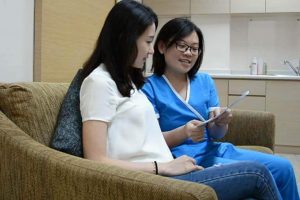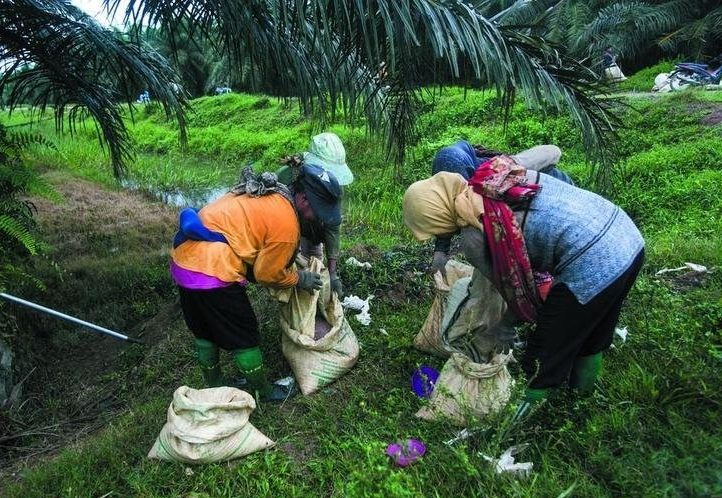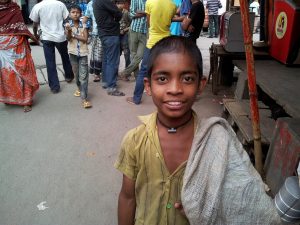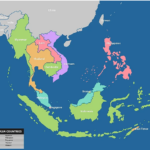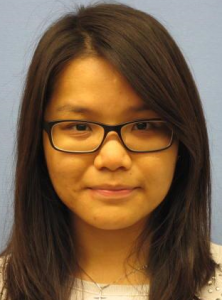Completed Projects
MOE Tier 2 Grant
Other Externally-Funded Project
CFPR Faculty Development Grant
Health Implications of Gender Inequality in Later Life: Articulating A Global Agenda for Women's Health

PI: Assistant Professor Kriti Vikram, Department of Sociology & Anthropology, NUS
Amount: S$10,000
Completed: 30 October 2022
Abstract:
Although women outlive men in most parts of the world, they experience a significantly higher burden of non-fatal chronic diseases, mental health disorders, and functional limitations than men at similar ages. Several biological, social-structural, and psychosocial mechanisms have been advanced that offer an explanation for this paradox. More recently, gender inequality, structural sexism, and restrictive gender norms have also been identified as determinants of women’s health. However, minimal research evaluates how these are associated with women’s health outcomes in mid-and later life globally, particularly in the Global South. The extant research in the region underscores the disadvantaged status of girls and women across a range of health outcomes; however, the foci of this body of research are limited to children, adolescent girls, and young mothers. This project aims to fill a prominent gap in the literature by adopting a life course perspective to document the role of gender inequality and associated disadvantages on women’s health in the Global South.
Will people have a stronger intention to marry if they could work shorter hours? A national survey experiment in Singapore

PI: Assistant Professor Wang Senhu, Department of Sociology & Anthropology, NUS
Amount: S$10,000
Completed: 31 December 2022
Abstract:
Recent research suggests that long working hours and its associated 'kiasu' (afraid to lose) culture may be a crucial reason for delayed and low marriage rate in Singapore, calling for reduced working hours and a more family-friendly working environment. However, the impact of working hours on marriage is not yet theorized and empirically tested due to the endogenous relationship between marriage and working time. This proposed research aims to theorize long working hours as an institutional constraint and examine whether removal of the constraint (via shorter working hours policy enacted by the government) can improve young people's marriage intentions. Using an online survey experiment, this research has three objectives. (1) This study aims to explore how the marriage intentions of Singaporean people may change under different degrees of institutional constraints by experimentally manipulating hypothetical scenarios of working hour arrangements (vignettes). (2) This study also aims to explore how the relationship between working hour arrangement and marital intentions vary across people from different gender, ethnic and educational groups, who tend to have different attitudes towards marriage. (3) This study aims to test mechanisms through which shorter working hours policy affects marriage intentions using mediation analyses. Overall, this study provides a new perspective to understand low marriage rates in Singapore and holds significant implications for population and work policies.




